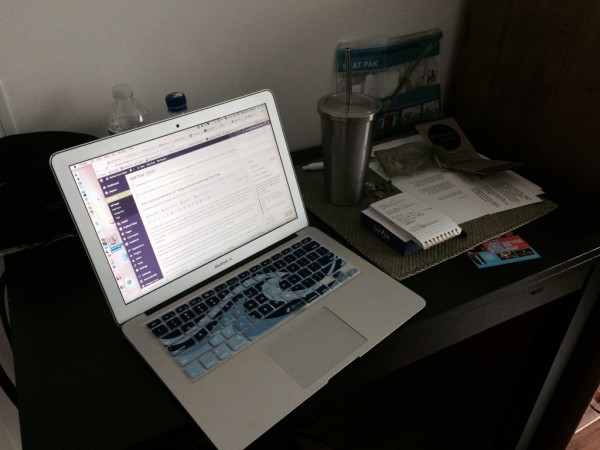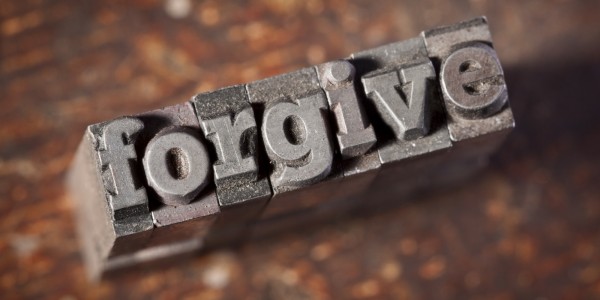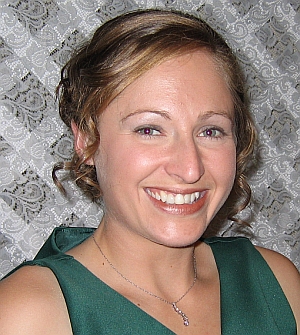Forgiveness is something we all grapple with everyday. And, for the most part, we immediately relate to applying this when dealing with others.
But what about ourselves?
Are we able to apply forgiveness as easily when we gaze in the mirror?
How do we feel about the person looking back at us?
Are we content with what we see? Or do we feel regret or frustration over something that perhaps may not be as big as we perceive it to be. Things may become closer, distorted, the longer we focus and get blown out of proportion. You know, the side view mirror aspect of life.
Hate when that happens. Don’t you?
Periodically, I like to take an assessment of my goals and achievements. They say it’s a healthy thing to do. So I ponder over what I’ve accomplished and what adjustments may need to be made. I must say it’s not always easy. It’s not always glitter and glee. Not always does it take me to my happy place where I prefer to be.
Why?
Because I start to compare myself to others.
And that is one slippery slope my friends. Because everyone is different. Everyone works at a different pace. Everyone has different habits. What works for one person may not always work for another.
The other day I ran across an interesting article that really resonated with me.
“Writing Begins With Forgiveness: Why One of the Most Common Pieces of Writing Advice Is Wrong,” written by author Daniel José Older. Until this post, I had never heard of Mr. Older, but he brought out some interesting points that I’d like to share with you.

He starts out with the mantra: Write every single day.
“It’s one of the most common pieces of writing advice and it’s wildly off base. I get it: The idea is to stay on your grind no matter what, don’t get discouraged, don’t slow down even when the muse isn’t cooperating and non-writing life tugs at your sleeve. In this convoluted, simplified version of the truly complex nature of creativity, missing a day is tantamount to giving up, the gateway drug to joining the masses of non-writing slouches.
Nonsense.”
Nonsense?
Wait just a minute! *shakes head* What did he just say? Has this not been drummed into us since…well, I don’t know. Forever maybe?
I realize I may be approaching a dangerous precipice on this subject, but I thought his words were enlightening.
“Here’s what stops more people from writing than anything else: shame. That creeping, nagging sense of ‘should be,’ ‘should have been,’ and ‘if only I had…’ Shame lives in the body, it clenches our muscles when we sit at the keyboard, takes up valuable mental space with useless, repetitive conversations. Shame, and the resulting paralysis, are what happen when the whole world drills into you that you should be writing every day and you’re not.”
Whoa!!
How did he know that?
I haven’t been writing every day. It’s impossible for me to write every day. It’s just not possible. And…don’t tell anyone this, but…I feel…guilty. Yes, I feel like a scumbag, despicable. Well, maybe not despicable. But I haven’t felt worthy of calling myself a writer.
Then Mr. Older adds, “Every writer has their rhythm. It seems basic, but clearly it must be said: There is no one way. Finding our path through the complex landscape of craft, process, and different versions of success is a deeply personal, often painful journey. It is a very real example of making the road by walking. Mentors and fellow travelers can point you towards new possibilities, challenge you and expand your imagination, but no one can tell you how to manage your writing process. I’ve been writing steadily since 2009 and I’m still figuring mine out. I probably will be for the rest of my life. It’s a growing, organic, frustrating, inspiring, messy adventure, and it’s all mine.”
Okay. Does this mean that I might be…normal?
“We read a lot about different writers’ eccentric processes – but what about those crucial moments before we put pen to paper? For me, writing always begins with self-forgiveness. I don’t sit down and rush headlong into the blank page. I make coffee. I put on a song I like. I drink the coffee, listen to the song. I don’t write. Beginning with forgiveness revolutionizes the writing process, returns it being to a journey of creativity rather than an exercise in self-flagellation. I forgive myself for not sitting down to write sooner, for taking yesterday off, for living my life. That shame? I release it. My body unclenches; a new lightness takes over once that burden has floated off. There is room, now, for story, idea, life.”
So, after reading the article, I took another look in the mirror. And guess what? I am now able to forgive myself. I can now forgive myself for not writing every single day. I can now forgive myself for not fitting into a certain mold.
Yes, having the intent of writing every day is a wonderful goal. And one that gives us great purpose.
Yet, I want to thank you Daniel José Older, whoever you are!
I think this may enable us to forgive ourselves for being unique!
I feel better already.
How about you?
So what do you think? Are you able to write every day? If so, please share with us what is it that has helped you to attain success? If not, how has this made you feel? Do you feel guilty? Or have you accepted your personal limitations and established new goals? What affect do you think your writing schedule has had on your productivity?
If you wish to read Mr. Older’s article in it’s entirety, please click here or on the link above.
Cheers everyone! I hope that life is treating you well. And as always, thank you so much for all your support and wonderful comments!
Karen

